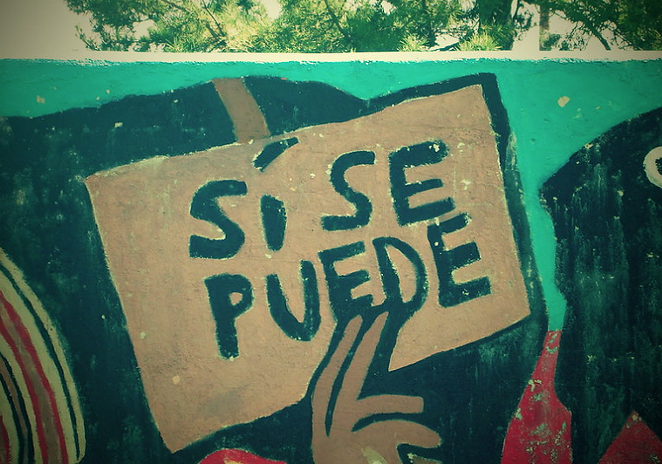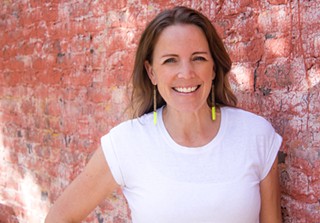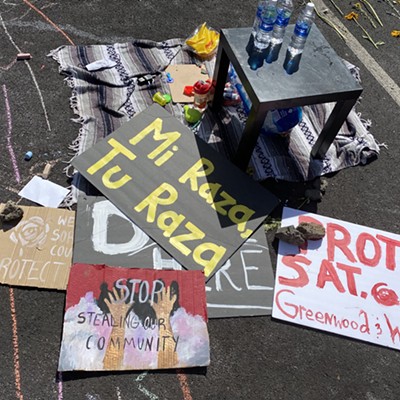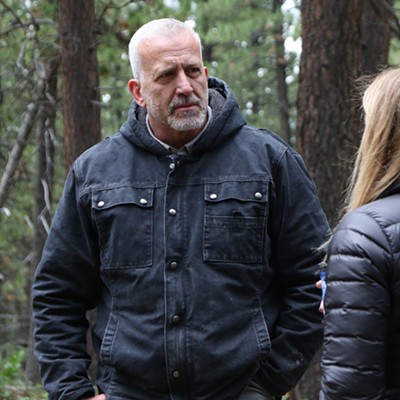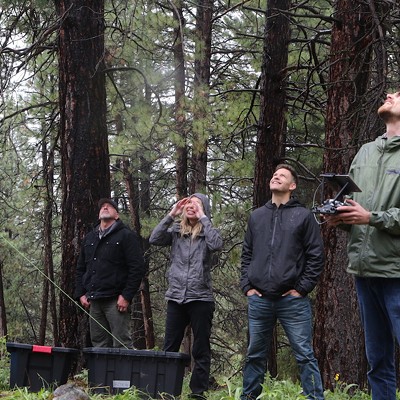The governor and OHA announced Thursday the launch of the Safe + Strong public awareness campaign, which includes a focus on increasing outreach to potentially at-risk communities and to offering culturally relevant tools and resources in 12 languages.
The announcement comes after health data in the state revealed that people of Hispanic descent in Oregon have been disproportionally affected by COVID-19, suffering from the virus at higher rates than the general population.
The new campaign will include a website that offers resources in Spanish, Vietnamese, Russian, Traditional Chinese, Simplified Chinese, Arabic, Korean, Hmong, Somali, Chuukese and Marshallese, as well as, "a community engagement and technical assistance effort to support community organizations in reaching and assisting Oregonians across the state," according to Thursday's release.
Local support for the Central Oregon immigrant population
Locally, groups including the Latino Community Association and Embrace Bend have been working to support individuals and families who may need financial support during the COVID-19 shutdowns. With the CARES Act stimulus funds going only to those who filed a tax return in 2018, many immigrants or undocumented individuals have been left out of accessing relief funds.
LCA's COVID-19 Immigrant Family Relief Fund offers $400 for a single person or $750 per family for those whose hours have been reduced or who have been laid off due to the COVID-19 crisis. People can apply at latinocommunityassociation.org.
Embrace Bend, meanwhile, is collecting funds for undocumented families and individuals, and will disburse $500 payments to those in need. The group will begin reviewing applications Friday, and will begin distributing funds April 27.
Closed captioning access in Central Oregon
Meanwhile, several Central Oregon TV channels are now offering closed captioning in Spanish, in an attempt to help share important news and information with a wider audience.
Central Oregon Daily News announced Wednesday that it is now offering Spanish closed captioning on both its stations, including KOHD-ABC and KBNZ-CBS.
The closed captioning in Spanish is provided by AWS Amazon automatic machine translation. People can change the language in their closed captioning through their individual TV's menu.
Understanding the need for critical health information, the Source Weekly has also applied for a grant to help us have our most important news stories translated into Spanish.

